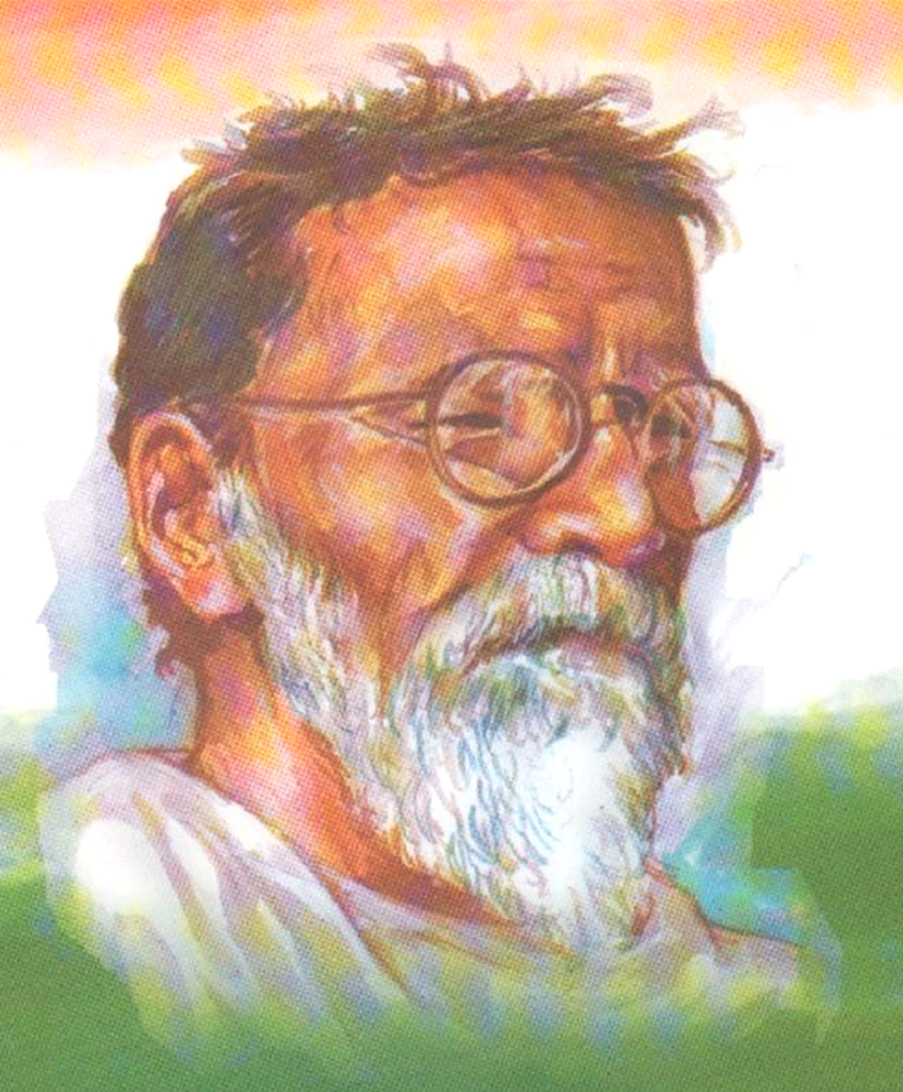Indian History
Acharya Vinoba Bhave
- 12 Sep 2022
- 6 min read
For Prelims: Important Personalities of Modern India
For Mains: Modern Indian History, Important Personalities, Freedom Struggle
Why in News?
Recently, the Prime Minister paid rich tributes to Acharya Vinoba Bhave on his birth Anniversary.
What do we need to know about Acharya Vinoba Bhave?
- Birth:
- Vinayak Narahari Bhave was born on 11th September 1895 in Gagode, Bombay Presidency (Maharashtra).
- He was the eldest son of Narahari Shambhu Rao and Rukmini Devi.
- Brief Profile:
- Acharya Vinoba Bhave was a nonviolence activist, freedom activist, social reformer and spiritual teacher.
- Being an avid follower of Mahatma Gandhi, Vinoba upheld his doctrines of non-violence and equality.
- He dedicated his life to serve the poor and the downtrodden, and stood up for their rights.
- Awards & Recognition:
- Vinoba was the first recipient of the international Ramon Magsaysay Award for Community Leadership in 1958.
- He was also conferred with the Bharat Ratna (India's highest civilian awards) posthumously in 1983.
- Association with Gandhi:
- Vinoba met Gandhi on 7th June 1916 and took residence at the Ashram.
- Gandhi’s teachings led Bhave to a life of austerity dedicated to improving Indian village life.
- The name Vinoba (a traditional Marathi epithet signifying great respect) was conferred upon him by Mama Phadke, another member of the Ashram.
- On 8th April 1921, Vinoba went to Wardha to take charge of a Gandhi-ashram there under the directives from Gandhi.
- During his stay at Wardha, Bhave also brought out a monthly in Marathi, named, `Maharashtra Dharma' which consisted of his essays on the Upanishads.
- Vinoba met Gandhi on 7th June 1916 and took residence at the Ashram.
- Role in Freedom Struggle:
- He took part in programs of non-cooperation and especially the call for use of Swadeshi goods instead of foreign imports.
- He took up the spinning wheel churning out Khadi and urged others to do so, resulting in mass production of the fabric.
- In 1932, Vinoba was sent to jail for six months to Dhulia as he was accused of conspiracy against British rule.
- During the imprisonment, he explained to fellow prisoners the different subjects of 'Bhagwad Gita', in Marathi.
- All the lectures given by him on Gita in Dhulia jail were collected and later published as a book.
- He was also chosen as the first Individual Satyagrahi (an Individual standing up for Truth instead of a collective action) by Gandhi himself.
- He served a five-year prison sentence in the 1940s for leading nonviolent resistance to British rule.
- He was given the honorific title “Acharya” (teacher).
- Role in Social Work:
- He worked tirelessly towards eradicating social evils like inequality.
- Influenced by the examples set by Gandhi, he took up the cause of people who were referred to as Harijans by Gandhi.
- He adopted the term Sarvodaya from Gandhi which simply means “Progress for All”.
- The Sarvodaya movement under him implemented various programs during the 1950s, the chief among which is the Bhoodan Movement.
- Bhoodan Movement:
- In 1951, Vinoba Bhave started his peace-trek on foot through the violence-torn region of Telangana.
- On 19th 1951, the Harijans of the Pochampalli village requested him to provide them with around 80 acres of land to make a living.
- Vinoba asked the landlords of the village to come forward and save the Harijans.
- A landlord got up and offered the required land.
- It was the beginning of the Bhoodan (Gift of the Land) movement.
- The movement continued for thirteen years and Vinoba toured the length and breadth of the country, a total distance of 58741 Km.
- He was successful in collecting around 4.4 million acres of land, of which around 1.3 million was distributed among poor landless farmers.
- The movement attracted admiration from all over the world and was commended for being the only experiment of his kind to incite voluntary social justice.
- Religious Work:
- He set up a number of Ashrams to promote a simple way of life, devoid of luxuries that took away one’s focus from the Divine.
- He established the Brahma Vidya Mandir in 1959, a small community for women, aiming at self-sufficiency on the lines of Mahatma Gandhi’s teachings.
- He took a strong stand on cow slaughter and declared to go on fast until it was banned in India.
- Literary Work:
- His important books include: Swarajya Sastra, Geeta Pravachane, Teesri Shakti or The Third Power etc.
- Death:
- Died in 1982, Wardha, Maharashtra.







